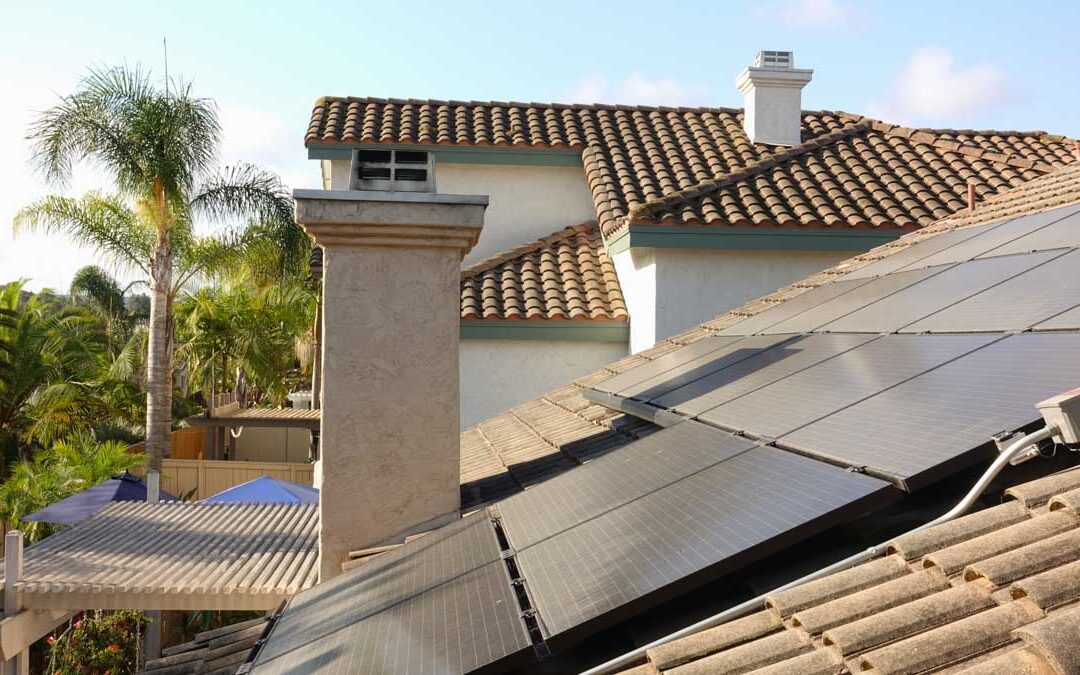Introduction
Switching to solar energy can reduce your energy bills and lessen your carbon footprint. Yet, before installing a solar system, it’s important to understand whether an on-grid or off-grid setup best suits your lifestyle. Both systems offer unique benefits and potential drawbacks, and the right choice depends on factors such as your energy needs, location, and budget.
What Is an On-Grid Solar System?
An on-grid solar system, also known as a grid-tied system, is connected to your local utility grid. These systems allow you to use solar power when it’s available and draw from the grid when it isn’t. Key features include:
- Net Metering: Excess energy generated by your system can be fed back into the grid for credits on your utility bill.
- Reliability: The grid acts as a backup, ensuring a continuous power supply even when solar production is low.
- Lower Initial Investment: On-grid systems typically require less battery storage, reducing upfront costs.
What Is an Off-Grid Solar System?
An off-grid solar system operates independently of the utility grid, providing complete energy autonomy. This type of system is ideal for remote locations or for homeowners who desire complete independence from utility companies. Key features include:
- Energy Storage: Off-grid systems rely on battery storage to hold excess energy for use during periods of low sunlight.
- Self-Sufficiency: These systems are designed to provide all the energy your home or business needs without grid support.
- Flexibility in Remote Areas: Ideal for locations where grid access is unavailable or unreliable.
Pros and Cons of On-Grid Solar
Pros
- Cost-Effective: Lower installation and maintenance costs due to minimal battery requirements.
- Reliability: Continuous power supply from the grid ensures your home remains powered even during extended periods of low solar production.
- Net Metering Benefits: Earn credits by feeding excess energy back to the grid, which can reduce your utility bills.
Cons
- Dependency on the Grid: In the event of a grid outage, your system may not provide power unless equipped with backup storage.
- Limited Energy Independence: You remain connected to the grid, which may not suit those seeking complete energy autonomy.
Pros and Cons of Off-Grid Solar
Pros
- Complete Energy Independence: No reliance on the utility grid means you are not affected by power outages or utility rate hikes.
- Ideal for Remote Areas: Perfect for properties where grid access is limited or unavailable.
- Enhanced Resilience: Your system is designed to operate autonomously, making it a robust choice in emergencies.
Cons
- Higher Upfront Costs: Off-grid systems require battery storage and additional equipment, which increases installation costs.
- Maintenance Requirements: Batteries and other system components may require more frequent maintenance and eventual replacement.
- Energy Management: Careful planning is needed to ensure that your energy storage capacity meets your usage during low sunlight periods.
Key Factors to Consider
When choosing between an on-grid and off-grid solar system, consider the following factors:
- Location: Is your property connected to the utility grid, or is it in a remote area where grid access is limited?
- Energy Needs: Analyze your typical energy consumption to determine the size and capacity of the system you require.
- Budget: Consider both the initial installation costs and the long-term maintenance expenses.
- Energy Independence: Decide whether complete self-sufficiency is important to you, or if you prefer the reliability and support of the grid.
- Environmental Impact: Both systems contribute to renewable energy use, but your choice may affect your overall sustainability goals.
Making the Right Choice for Your Energy Needs
Choosing between on-grid and off-grid solar comes down to balancing cost, convenience, and energy independence. On-grid systems are often the best choice for urban and suburban settings with reliable grid access, while off-grid systems are ideal for remote areas or for those seeking total energy autonomy.
Consulting with a trusted solar installer can help you assess your property, evaluate your energy consumption, and determine which system will deliver the best performance and savings.
Conclusion
Both on-grid and off-grid solar systems offer significant benefits for reducing energy costs and environmental impact. On-grid solar provides affordability, ease of installation, and grid reliability, whereas off-grid systems offer complete independence and resilience in remote locations.
By carefully weighing the pros and cons and considering your specific energy requirements, you can select the solar solution that best aligns with your needs and goals.




